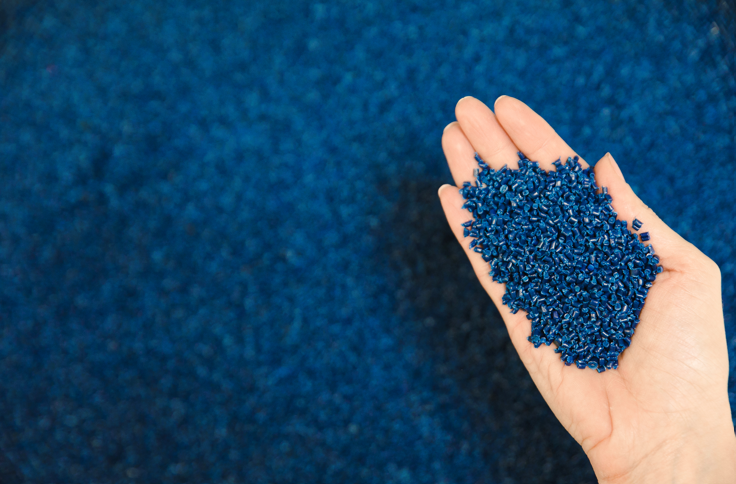Plastics are incredibly versatile manufacturing materials. Some are soft and flexible; others are hard and impact resistant. This broad range of physical properties means that manufacturing plastic parts is typically time and cost-efficient, regardless of application. Choosing the best plastic material for your products can be challenging, but plastic compounders who understand a manufacturer’s needs can simplify the material selection process and custom fit the material properties to the functional requirements of the target part.
Plastic Compound Manufacturers
The plastics compounding process takes basic, plastic resin and customizes it with using a wide arsenal of additives, modifiers enhancers, reinforcements, and fillers. This customization allows the compliance with functional standards and regulations ranging from simple color to UV stability or flammability. These infinite versatility increases the demand for plastics in multiple types of construction, automotive, packaging, electronics, and household goods manufacturing. Plastics compounding has also been instrumental in reducing the carbon footprint of plastics products by choosing more sustainable ingredients. The compounders also play a significant role in the increased implementation of recycled plastics into many applications.
The list of plastic compounders is long and includes major key players adopting different strategies such as acquisition, expansion, and collaboration to stay competitive in the global market.
Plastic compounders are invaluable when you want to know how to select plastic material. They have deep scientific knowledge of which material will perform to your exact specifications and performance needs and know exactly which additives can be combined to produce the desires properties in a cost-effective way.
Choosing a Plastic Compounder
There are many plastic compounders to choose from. The one you choose for your products should be able to provide a plastic compound that meets your product’s requirements, be it off-the-shelf or designed specifically for you. The company should also have technical experts who partner with you to find the best solutions while providing the service support you need.
Choosing the right plastic grade for your product from the thousands in the market can be overwhelming. Along with strength, flexibility, and cost, you must also consider factors like the application of the part or product and the environment in which it will be used.
Engineering plastics tend to offer the greatest level of durability and are the least compromised during the manufacturing process for plastics. Here’s a look at some of the different materials and how they function for different products.
Polypropylene (PP) and Polyethylene (PE)
Due to its heat resistance and flexibility, PP is widely used for products such as food-storage containers, pipes, and hoses. PE, the most common plastic in the world, has lower strength, hardness, and rigidity. It’s the plastic you see most frequently used for plastic films, detergent containers and medicine bottles.
Nylon aka Polyamide (PA)
Popular for use in mechanical parts, nylon has good mechanical properties at elevated temperatures and is highly resistant to wear and abrasion. It’s an ideal filament for 3D plastic printing.
Thermoplastics
The most used type of plastic, thermoplastics are prized for their ability to go through numerous recycling cycles without significant degradation. Usually supplied in the form of small pellets, they’re then heated and formed into the desired part or product using various manufacturing processes. Thermoplastic polyurethane (TPU) has the soft, elastic properties of rubber and is often used in sporting goods, power tools, and cable insulation.
How to Choose a Plastic Compounder
Dozens of considerations go into choosing a plastic compounder. Here are just a few:
1. Do they have the expertise in the environmental and regulatory standards of your industry?
2. Do they have support in the region where you operate?
3. Do they have the right tools to produce consistent quality products?
4. How does the compounder test the quality of its compounds?
Lastly, in light of many manufacturers’ desire to adopt a zero-waste plastics value chain, is the compounder able to modify and tailor the properties of your material using suitable alternative additives, including circular economy-driven products like UBQ material?
Making the transition to sustainable materials in the plastics manufacturing process relies on the cooperation of compounders, brand owners and manufacturers, and recycling operations, as well as those groups, companies, and organizations looking to influence economic, manufacturing, and societal changes. As more players in the plastics industry adopt sustainability initiatives, the role of bio-based materials like UBQ will only increase. We’re proud to be spearheading solutions that manufacturers can use to ensure their parts and products are made with the most effective, cost-efficient, and sustainable manufacturing process.


